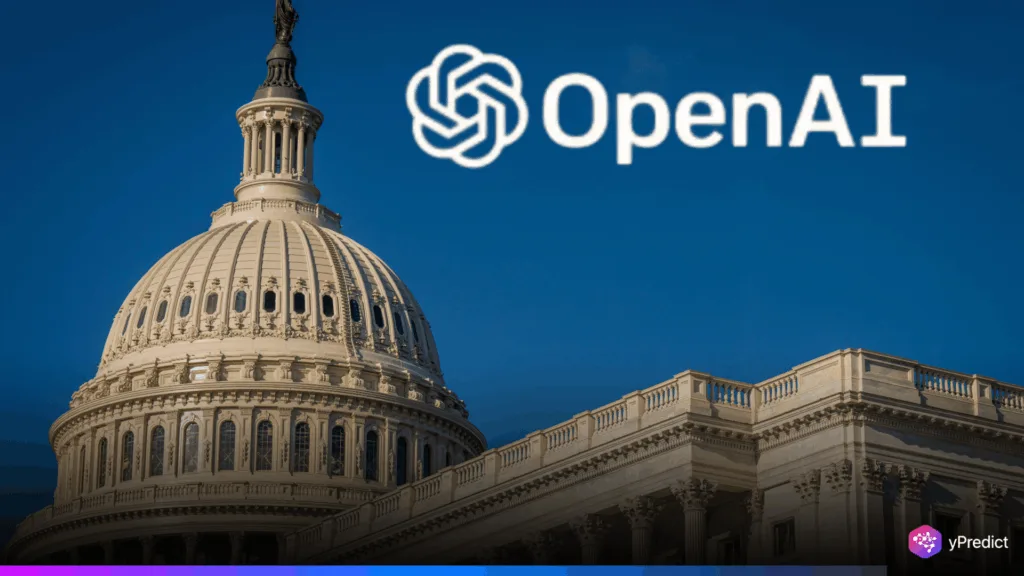
OpenAI has announced it will maintain its nonprofit governance structure, halting plans to expand control under its for-profit arm. The decision follows public criticism, regulatory attention, and a lawsuit from co-founder Elon Musk. Musk accused OpenAI of straying from its core mission. OpenAI aims to strengthen its commitment to AI that serves humanity by retaining its nonprofit board of directors. The board will continue managing the for-profit subsidiary.
A Recalibrated Strategy for AI Governance
In a statement on Monday, OpenAI announced its nonprofit board will continue overseeing the for-profit subsidiary. Any structural changes will align with the organization’s public objective. CEO Sam Altman emphasized the company’s commitment to its founding goal: ensuring artificial general intelligence (AGI) benefits all humanity.
The move was detailed in an official blog post titled “Evolving Our Structure”, in which OpenAI stated that the nonprofit board will continue to supervise the capped-profit subsidiary. Th eblog post read that
OpenAI was founded as a nonprofit, and is today overseen and controlled by that nonprofit. Going forward, it will continue to be overseen and controlled by that nonprofit. Our for-profit LLC, which has been under the nonprofit since 2019, will transition to a Public Benefit Corporation (PBC)–a purpose-driven company structure that has to consider the interests of both shareholders and the mission. The nonprofit will control and also be a large shareholder of the PBC, giving the nonprofit better resources to support many benefits.
In response to concerns from civic leaders, regulators, and former workers, OpenAI changed its plan to become a PBC. Critics argued that the initial proposal endangered OpenAI’s commitment to advancing artificial general intelligence (AGI) for public benefit.
In December, OpenAI proposed transforming its for-profit division into a public benefit corporation (PBC). This hybrid model balances profit with social responsibility. The nonprofit parent organization would retain a significant equity stake but relinquish control over operations.
OpenAI’s board chairman, Bret Taylor, confirmed that while the for-profit arm will be restructured into a PBC to support both social impact and financial sustainability, the nonprofit will maintain majority control and governance authority. While talking to the reporters on a video call about the issue, she said,
With the structure we’re contemplating, the not-for-profit will remain in control of OpenAI. We will be converting the limited liability company, that is a subsidiary of that nonprofit, to a public benefit corporation. By doing so, it will change the equity structure of that company so that employees, investors and the not-for-profit can own equity in that PBC.
Legal Pressures and Musk’s Ongoing Lawsuit
OpenAI has revised its governance model in response to growing legal and public pressure. Co-founder Elon Musk, now leading the rival AI startup xAI, has sued the company for deviating from its nonprofit mission. He argues that OpenAI now prioritizes profit over safety and transparency. A jury trial is scheduled for March 2026.
OpenAI asserts that the new structure will enable it to secure funding while remaining true to its mission. Its for-profit branch will be transformed into a public benefit corporation to balance innovation with social responsibility. California and Delaware regulators are reviewing the proposed changes to determine whether the nonprofit parent meets its legal and tax-exempt obligations. Despite the criticism, OpenAI maintains that the organization will retain control and lead the company’s development.






